Darwin, the capital city of Australia’s Northern Territory, is a unique and vibrant place with a rich history and stunning natural beauty. Located on the northern coast of the Australian continent, Darwin is known for its tropical climate, diverse cultures, and a burgeoning economy. In this article, we’ll explore the many facets that make Darwin an intriguing destination and a hub of activity in the region.
Historical Background
Indigenous history:
Before European settlement, this region was inhabited by Indigenous peoples, including the Larrakia people, who have a deep connection to the land. Their culture and traditions continue to influence Darwin’s identity.
European exploration and settlement:
European explorers, notably Charles Darwin himself, arrived in the area during the 19th century. The city’s name pays homage to this famous naturalist. Darwin grew as a settlement during World War II when it was bombed by Japanese forces, leading to significant development in the post-war years.
Geography and Environment
Location and climate:
Darwin enjoys a tropical climate with distinct wet and dry seasons. It is situated at the northern tip of Australia, offering access to the Arafura Sea and the Timor Sea.
Natural landmarks and attractions:
The city is surrounded by breathtaking natural wonders, including Kakadu National Park, Litchfield National Park, and the Tiwi Islands. These areas are home to diverse ecosystems, waterfalls, and ancient Indigenous rock art.
Biodiversity and wildlife:
Darwin’s unique location fosters a rich diversity of wildlife, including saltwater crocodiles, numerous bird species, and marine life. It’s a hotspot for nature enthusiasts and wildlife lovers.
Culture and Society
Indigenous cultures and communities:
The Indigenous cultures of the Northern Territory are an integral part of Darwin’s identity. Visitors can engage with Indigenous art, music, and storytelling.
Multicultural demographics:
Darwin’s population is a melting pot of cultures, with a blend of Indigenous, European, Asian, and other backgrounds. This diversity is reflected in the city’s cuisine and festivities.
Languages spoken:
English is the primary language, but you’ll also hear Indigenous languages, Asian languages, and various dialects spoken by the multicultural population.
Arts and entertainment scene:
Darwin hosts various cultural festivals, music events, and art exhibitions. The Darwin Entertainment Centre is a hub for performing arts and concerts.
Economy and Industry
Key industries:
Darwin’s economy is driven by industries like mining, oil and gas, agriculture, tourism, and the military. It’s strategically positioned for international trade.
Economic significance:
The city plays a vital role in Australia’s economy due to its export activities and contributions to the nation’s energy resources.
Major employers:
Some of the major employers in Darwin include government agencies, defense establishments, and companies in the resources sector.
Tourism and Attractions
Landmarks and historic sites:
Darwin offers a mix of modern architecture and historical sites, such as the WWII Oil Storage Tunnels and the Darwin Military Museum.
Natural attractions:
Visitors flock to the nearby national parks, waterfalls like Wangi Falls, and the famous Mindil Beach Sunset Market, where you can watch the sun dip into the Arafura Sea.
Recreational activities:
From fishing and boating to hiking and birdwatching, Darwin offers a wide range of outdoor activities for adventure seekers.
Education and Research
Educational institutions:
Darwin is home to several universities, colleges, and research institutions, providing opportunities for higher education and research in various fields.
Research institutions and initiatives:
The region’s unique environment and biodiversity make it a hotspot for scientific research, particularly in areas like tropical medicine and ecology.
Transportation and Infrastructure
Transportation networks:
Darwin has a well-connected road network, an international airport, and a major port, making it a significant transportation hub for both domestic and international trade.
Major infrastructure projects:
The city has seen significant investment in recent years, with infrastructure projects focusing on expanding transportation links and improving amenities.
Public transportation options:
Public buses and ferries provide convenient ways to get around the city, connecting residents and tourists to key destinations.
Government and Politics
Local government structure:
Darwin is governed by the City of Darwin council, and the Northern Territory government manages broader regional affairs.
Political representation:
It is represented in federal parliament and has its own legislative assembly, reflecting its status as both a city and a territory capital.
Notable political events or figures:
Darwin has been the site of significant political events, particularly during World War II, and has produced notable political figures in Australian history.
Future Development and Challenges
Urban development plans:
Darwin continues to grow and evolve, with urban development projects aimed at improving livability and sustainability.
Environmental challenges:
The city faces environmental challenges, including cyclones and the need for sustainable water and energy solutions.
Socioeconomic issues:
Like many urban areas, Darwin grapples with issues related to housing affordability, infrastructure development, and social inequality.
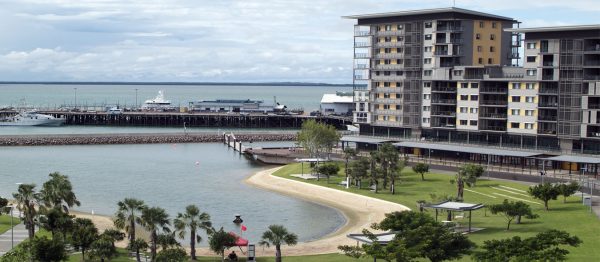
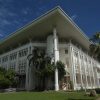
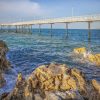
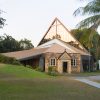
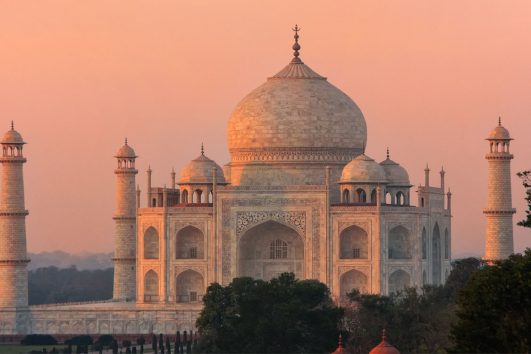
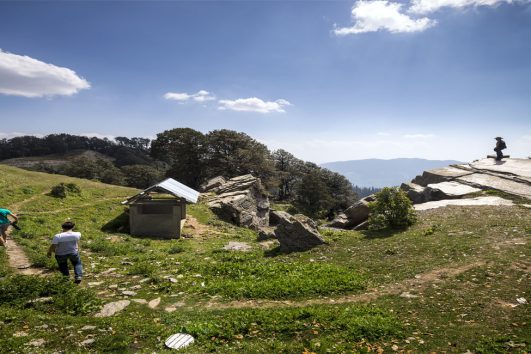
Tour Reviews
There are no reviews yet.
Leave a Review